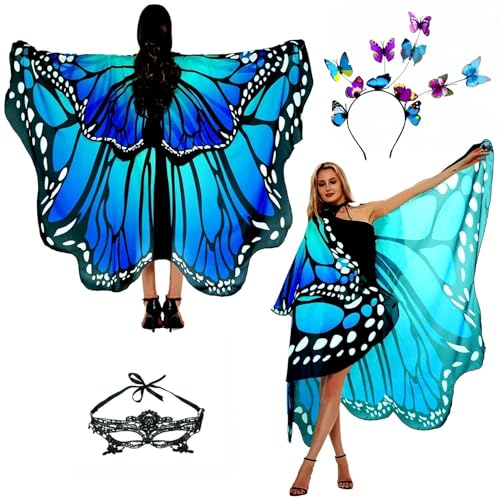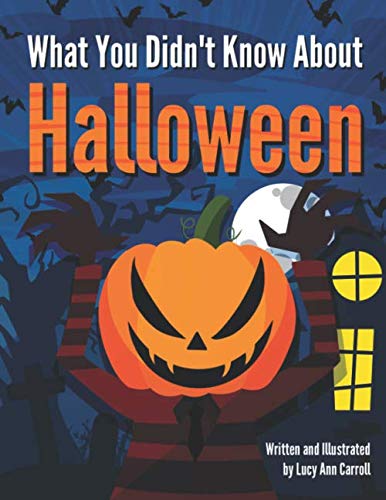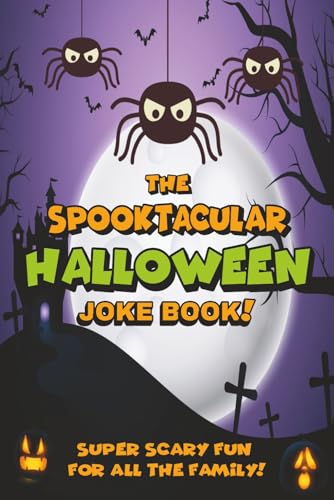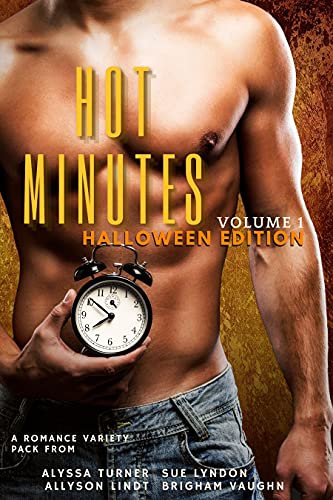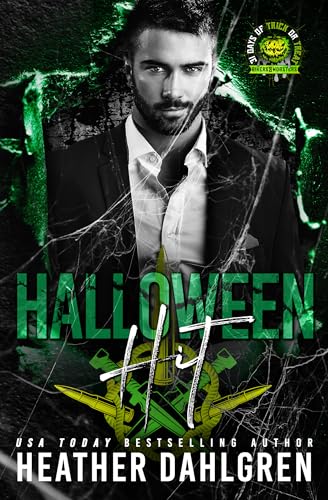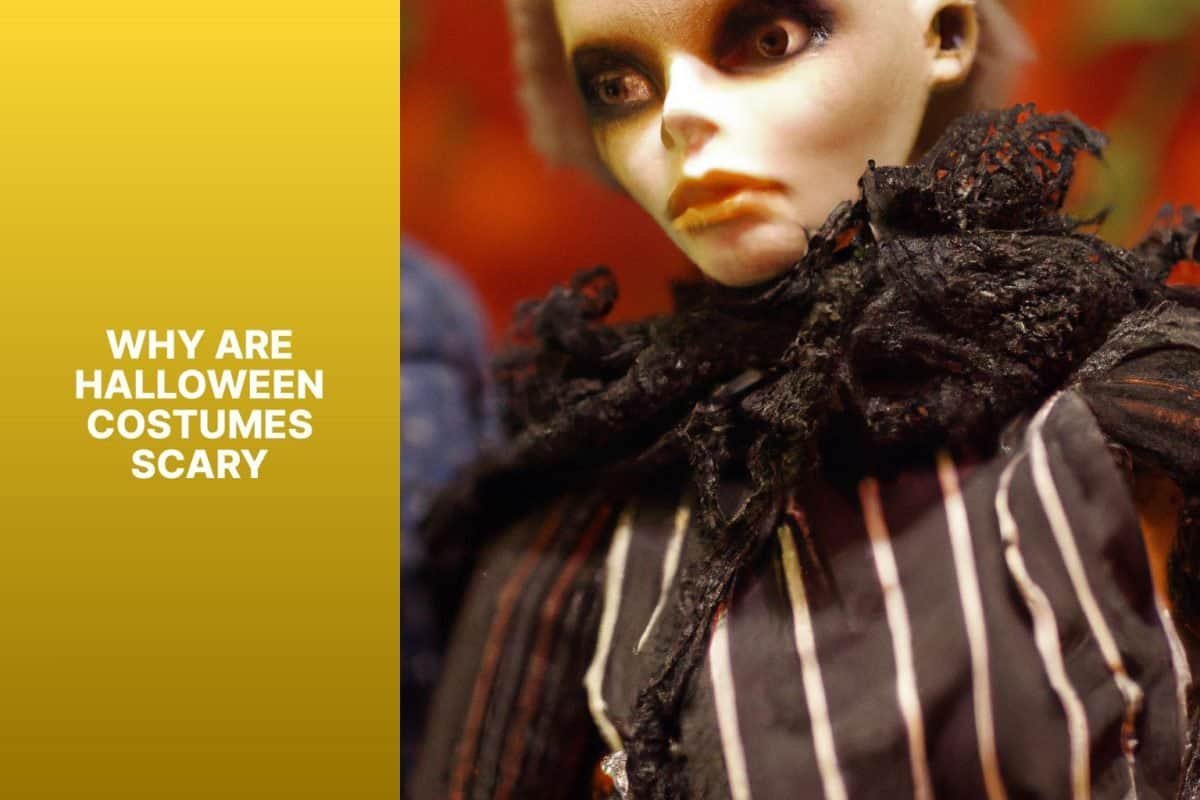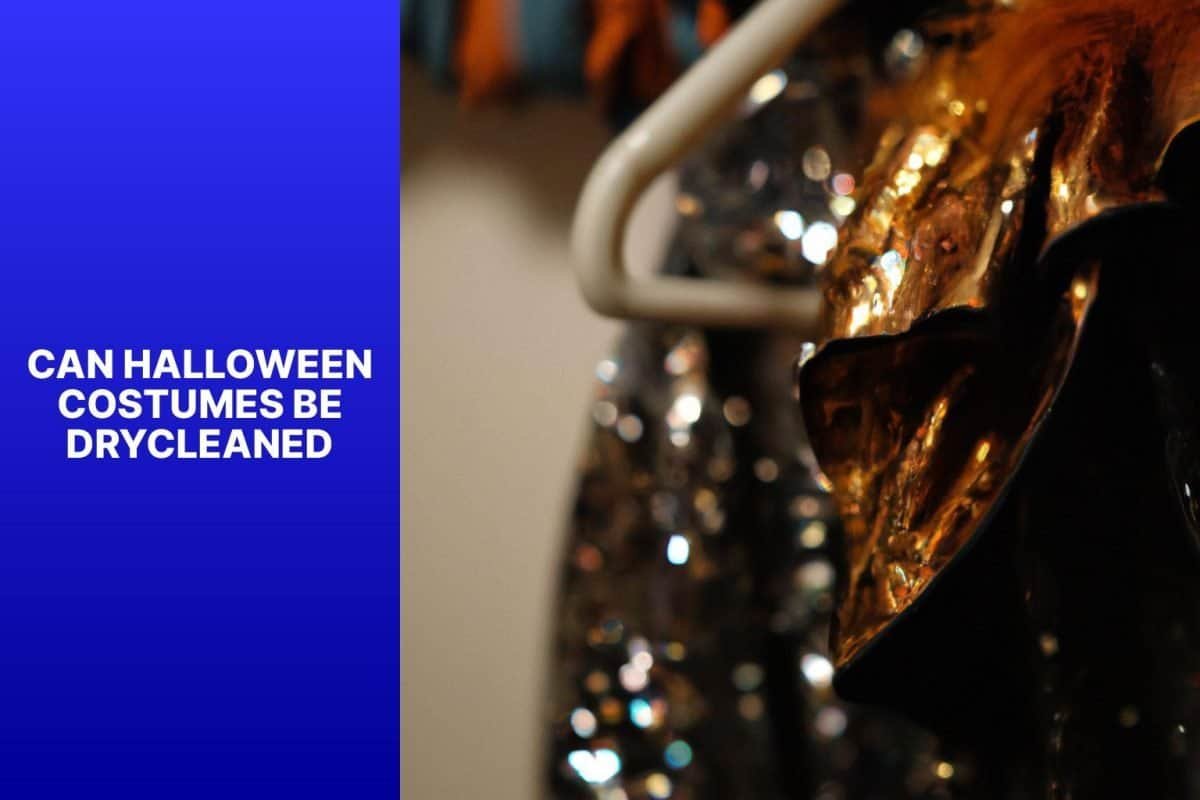Are you a fan of spooky holidays and horror movies? If so, you’ve probably wondered if Halloween and Friday the 13th are the same thing. While both are associated with fear and superstition, they are actually quite different. In this article, we’ll explore the origins and traditions of Halloween and Friday the 13th, and why they hold such a special place in our hearts. So, grab your favorite Halloween treat and let’s dive into the fascinating world of these two iconic dates.
When it comes to Halloween, you can’t help but think of costumes, trick-or-treating, and jack-o’-lanterns. This beloved holiday, celebrated on October 31st, has its roots in ancient Celtic traditions and has evolved over time to become a fun-filled celebration for people of all ages. On the other hand, Friday the 13th is notorious for its association with bad luck and superstitions. This date, occurring when the 13th day of the month falls on a Friday, has a mysterious aura surrounding it. But is there any real connection between Halloween and Friday the 13th? Let’s find out.
While Halloween and Friday the 13th both have their fair share of thrills and chills, they differ in their origins, symbolism, and cultural significance. Halloween is a festive holiday celebrated worldwide, where people embrace their creativity and indulge in spooky fun. In contrast, Friday the 13th is a day that is often feared and associated with misfortune. Whether you’re a fan of dressing up in costumes or prefer to avoid black cats and broken mirrors, join us as we unravel the mysteries and explore the unique qualities of these two intriguing dates.
The Origins of Halloween
Now that we’ve established the differences between Halloween and Friday the 13th, let’s delve into the fascinating origins of Halloween.
Halloween dates back over 2,000 years to ancient Celtic festivals known as Samhain. The Celts celebrated the end of the harvest season and believed that on the night of October 31st, the boundary between the living and the dead was blurred. They lit bonfires and wore costumes to ward off roaming spirits. This tradition has evolved into what we now know as Halloween.
The holiday was brought to America by Irish immigrants in the mid-19th century, and it quickly gained popularity. Over time, Halloween has become a festive occasion celebrated around the world. It’s a night of fun, costumes, and, of course, trick-or-treating!
For me, Halloween is a true delight. As a self-proclaimed Halloween enthusiast, I’ve worked in numerous Halloween shops throughout the years, helping people find the perfect costume or spooky decorations. There’s something magical about helping others embrace the spirit of Halloween and create unforgettable memories.
Whether you prefer to go all out with an intricately detailed costume, host a spine-chilling Halloween party, or simply enjoy handing out candy to eager trick-or-treaters, Halloween offers something for everyone. It’s a time when adults and children alike can let their creativity shine and embrace the spookiness of the season.
But what truly sets Halloween apart is the sense of community it fosters. Every year, neighborhoods come alive as families decorate their houses, carve pumpkins, and gather for Halloween parades. It’s a time for friends and family to come together and celebrate the joy of being scared (in a fun way, of course!).
As a Halloween enthusiast, I’ve witnessed firsthand the joy and excitement that Halloween brings. Whether you’re a fan of spooky scares, creative costumes, or just a good old-fashioned celebration, Halloween is a magical time of year that allows us to tap into our imaginations and embrace the supernatural.
The Origins of Friday the 13th
As a Halloween enthusiast, you may have come across the question: “Is Halloween the same as Friday the 13th?” While these two occasions share a spooky vibe, they are not the same. Let’s dive into the origins of Friday the 13th to understand its significance.
Friday the 13th has long been associated with bad luck and superstitions. But where did this belief come from? The origin of this date’s infamy can be traced back to various historical and cultural influences.
One theory suggests that the fear of Friday the 13th may have its roots in Christianity. It is believed that Jesus was crucified on a Friday, and the number 13 is considered unlucky because there were thirteen people present at the Last Supper, including Judas Iscariot, who betrayed Jesus.
Another theory points to Norse mythology. In Norse folklore, a treacherous god named Loki was the 13th guest at a dinner party, which resulted in chaos and the death of the beloved god Balder. This connection between the number 13 and misfortune may have contributed to the superstition.
Interestingly, Friday the 13th gained even more notoriety in the 20th century, thanks to a series of horror movies bearing the same name. These slasher films revolve around a hockey mask-wearing killer named Jason Voorhees, who terrorizes a camp on Friday the 13th. The movies solidified the association between this date and horror, furthering its reputation as a day of dread.
While Halloween is a celebration of the supernatural and all things spooky, Friday the 13th focuses more on fear, superstition, and bad luck. Whether you find these tales fascinating or just enjoy the thrill of Halloween, there’s no denying that both occasions offer a chance to embrace the eerie and have some fun.
So, if you ever find yourself wondering about the origins of Friday the 13th, now you have a better understanding of its historical and cultural significance. Remember, it’s all part of the excitement and mystique that surrounds the Halloween season.
Cultural Significance of Halloween
As a Halloween enthusiast, you know that Halloween is more than just a night of costumes and trick-or-treating. It holds a rich cultural significance that dates back centuries. Let’s dive into the fascinating history behind this beloved holiday.
The origins of Halloween can be traced back to the ancient Celtic festival known as Samhain. The Celts celebrated the end of the harvest season and believed that on the night of October 31st, the boundary between the living and the dead was blurred. They lit bonfires to ward off evil spirits and donned costumes to disguise themselves from wandering ghosts.
When Halloween made its way to America through Irish immigrants in the mid-19th century, it underwent some transformations. The holiday became a communal celebration, with neighbors coming together to decorate their houses and carve pumpkins. Trick-or-treating emerged as a way for children to collect treats while dressed in costume.
Today, Halloween is not only a fun-filled night for children but also an opportunity for people of all ages to unleash their creativity. It’s a chance for you, as a Halloween enthusiast, to transform your home into a spooky wonderland and show off your elaborate costumes to friends and family.
For many, Halloween is about embracing the supernatural and unleashing their imagination. It’s a time to explore the mystical, whether by attending haunted attractions, watching horror movies, or telling ghost stories around a campfire. Halloween gives you a chance to step out of your ordinary life and embrace the enchantment of the season.
So, as you embark on your annual Halloween preparations, remember the cultural significance behind this bewitching holiday. Let your imagination soar and take part in the traditions that have shaped Halloween into the festive occasion it is today. It’s a time to celebrate together, create lasting memories, and indulge in the spooky delights that make Halloween truly special.
Cultural Significance of Friday the 13th
You might be wondering how Halloween and Friday the 13th are related. Although both are associated with fear and the supernatural, there is a distinct difference in their cultural significance.
Friday the 13th has its roots in superstition and is considered an unlucky day by many. The fear of this date can be traced back to various historical events and religious beliefs. For instance, it is believed that Jesus Christ was crucified on a Friday and that there were 13 people present at the Last Supper. This combination of an unlucky day (Friday) and an unlucky number (13) has given rise to a widespread superstition around Friday the 13th.
Unlike Halloween, which is a festive occasion, Friday the 13th is often viewed with trepidation and anxiety. Many people avoid taking risks or making major decisions on this day, fearing that it may bring bad luck. Some even refuse to travel or participate in any activities on Friday the 13th, opting to stay home in an attempt to ward off any potential misfortune.
In popular culture, Friday the 13th has become synonymous with horror and suspense. It has inspired numerous books, movies, and even a long-running horror film franchise centered around a notorious masked killer named Jason Voorhees. People enjoy indulging in the thrill of scary stories and movies on this day, heightening their sense of fear and anticipation.
While Halloween allows us to embrace our creative side and have fun, Friday the 13th taps into our primal fears and superstitions. It is a day that reminds us of our vulnerability and the mysteries of the unknown.
Halloween Traditions
When it comes to Halloween, it’s not just about the costumes and candy. There are so many traditions that make this holiday special. As a Halloween enthusiast, you know all too well how important it is to embrace these traditions and create memorable experiences. So, let’s dive into the world of Halloween traditions and get ready for a truly spooktacular celebration!
1. Costume Creativity
One of the most exciting parts of Halloween is choosing a costume. Whether you want to transform into your favorite superhero, a scary monster, or a playful character, the possibilities are endless. It’s a chance to unleash your creativity and become someone else for the night. From DIY creations to store-bought ensembles, the only limit is your imagination.
2. Haunting Decorations
No Halloween celebration is complete without spooky decorations. You’ve probably spent countless hours browsing the aisles of Halloween shops, looking for the perfect haunted house decor, cobwebs, spiders, and chilling props. Transforming your home into a haunted wonderland sets the eerie mood and adds to the overall Halloween experience.
3. Trick-or-Treating
Trick-or-treating is a beloved Halloween tradition that brings joy to both children and adults alike. Dressing up in costume and going door-to-door, collecting treats, is the epitome of Halloween fun. As a Halloween enthusiast, you have likely perfected your trick-or-treating strategy, scouting out the best neighborhoods for the most candy-filled houses.
4. Carving Jack-o’-Lantern
What would Halloween be without Jack-o’-Lanterns glowing in the darkness? Carving pumpkins is a time-honored tradition that allows you to showcase your artistic skills. From spooky faces to intricate designs, each pumpkin becomes a unique work of art. Don’t forget to save the pumpkin seeds for a tasty treat!
5. Halloween Parties
Whether it’s a family gathering, a neighborhood block party, or a themed costume bash, Halloween parties are a fantastic way to celebrate with friends and loved ones. From bobbing for apples to spooky music and dancing, these gatherings create lasting memories and provide the perfect setting for showing off your amazing costume.
So, there you have it – some of the most cherished Halloween traditions that make this spooky holiday so special. As a Halloween enthusiast, you understand the joy and excitement that comes with embracing these traditions and creating a truly memorable Halloween experience.
Let’s continue our journey
Friday the 13th Traditions
As a Halloween enthusiast, you may be wondering if Halloween and Friday the 13th are the same. While they share some similarities, they are actually quite different. In this section, we will explore the traditions associated specifically with Friday the 13th.
1. Superstitious Beliefs: Friday the 13th is often associated with bad luck and superstitions. Some people believe that if you walk under a ladder or break a mirror on this day, you will encounter misfortune. Others might avoid black cats or refrain from making important decisions.
2. Movie Marathons: One of the traditions popularized by Friday the 13th is the tradition of hosting movie marathons. Horror film lovers gather to watch the iconic “Friday the 13th” movie series, as well as other suspenseful and spooky films. So, if you’re in the mood for a scare, grab some popcorn and join in on the spooky fun!
3. Trust Issues: People may become extra cautious and skeptical on Friday the 13th. They may think twice before trusting others or making plans. It’s a day where people tend to err on the side of caution and take extra precautions.
4. Urban Legends: Friday the 13th is a breeding ground for urban legends and ghost stories. People love to share spooky tales about haunted places, mysterious disappearances, and supernatural encounters. It’s a perfect time to get together with friends, turn down the lights, and exchange spine-chilling stories.
5. Lucky Charms: Just as there are beliefs surrounding bad luck, there are also traditions associated with warding off misfortune on Friday the 13th. Some people carry lucky charms or perform rituals to bring good luck on this supposedly unlucky day. It’s all part of the mystery and excitement surrounding this date.
As a Halloween enthusiast who has worked at Halloween shops, you know that Friday the 13th and Halloween are both thrilling events that allow people to embrace their creativity and indulge in spooky festivities. Whether you prefer the scares of Friday the 13th or the classic traditions of Halloween, there’s something for everyone to enjoy during these spirited occasions.
Similarities between Halloween and Friday the 13th
As a Halloween enthusiast, you might find it intriguing to explore the similarities between Halloween and Friday the 13th festivities. Both occasions have a mystical and spooky aura that captures the imagination of people all around the world. Let’s dive in and uncover some of their commonalities:
1. Embrace the Superstitions:
Halloween and Friday the 13th both tap into the world of superstitions and folklore. Whether it’s the belief in black cats and their association with bad luck or the eerie fear of stepping on cracks, these occasions awaken our inner sense of superstition and make us question what lies beyond our ordinary experiences.
2. Indulge in Urban Legends:
Urban legends are a key element in both Halloween and Friday the 13th lore. Whether it’s tales of haunted houses, ghostly apparitions, or local legends that send shivers down your spine, these occasions provide the perfect platform to share and celebrate the captivating stories that have been passed down through generations.
3. Celebration of Creativity:
Both Halloween and Friday the 13th give you the opportunity to unleash your creative side. Whether it’s through costumes, decorations, or party planning, you can embrace your imagination and bring your wildest ideas to life. From transforming your home into a haunted mansion to crafting the perfect costume, these occasions empower you to showcase your creativity.
4. Spooky Festivities:
When it comes to Halloween and Friday the 13th, spooky festivities are a must. Whether you prefer a midnight horror movie marathon, trick-or-treating with friends and family, or attending a haunted house, both occasions offer a variety of activities for individuals of all ages to enjoy the thrill of the season.
5. The Search for Lucky Charms:
On both Halloween and Friday the 13th, you might find yourself in search of lucky charms to ward off bad luck and keep yourself protected from any supernatural forces. Whether it’s a lucky rabbit’s foot, a four-leaf clover, or a talisman, these occasions fuel our desire to find that perfect lucky charm to accompany us as we navigate through the eerie festivities.
These are just a few of the similarities that Halloween and Friday the 13th share. Through their unique traditions and celebrations, these occasions allow us to embrace our love for the spooky and the supernatural. So get ready to dive into the world of Halloween and Friday
Differences between Halloween and Friday the 13th
As a Halloween enthusiast, you know that although Halloween and Friday the 13th share some similarities, they are indeed quite different. Let’s explore the distinctions further.
1. Occurrence: One significant difference between Halloween and Friday the 13th is their frequency. Halloween occurs once a year on October 31st, while Friday the 13th can happen multiple times throughout the year. This rarity adds an extra level of anticipation and excitement to Halloween, making it a highly anticipated event.
2. Theme: Another notable difference is the themes associated with each occasion. Halloween is all about celebrating the supernatural and embracing spooky elements like ghosts, witches, and monsters. On the other hand, Friday the 13th is often associated with bad luck and superstitions. While they both embrace the mystical and eerie aspects, their specific themes set them apart.
3. Traditions: Halloween has a rich history of traditions and customs that have been passed down through generations. These include trick-or-treating, wearing costumes, carving pumpkins, and decorating homes. Friday the 13th, on the other hand, does not have as many established traditions. Instead, it is often seen as a day to be cautious and avoid potential mishaps.
4. Cultural Significance: Halloween is deeply rooted in Celtic and Christian traditions, with ancient origins tied to the harvest season and honoring the dead. It has evolved over time to become a widely celebrated holiday across different cultures. In contrast, Friday the 13th has more superstitious connotations and is often associated with bad luck in Western cultures.
5. Atmosphere: Undoubtedly, the atmosphere of Halloween and Friday the 13th is distinct. Halloween nights are filled with excitement and a sense of playful fright. Streets are decorated, and people of all ages don costumes, creating a vibrant and festive ambiance. Friday the 13th, however, tends to evoke a more cautious and restrained atmosphere due to its superstitious associations.
So, while Halloween and Friday the 13th share some commonalities in their embrace of the supernatural and superstitions, they are separate occasions with unique characteristics. Each offers its own set of traditions, themes, and cultural significance, allowing individuals like you to dive into different realms of spookiness and celebration.
Conclusion
In comparing Halloween and Friday the 13th, it’s clear that while they share some similarities, they are distinct holidays. Halloween, celebrated annually on October 31st, has a rich history and cultural significance, rooted in Celtic and Christian traditions. It embraces supernatural elements, encourages creativity through costumes and decorations, and has established customs. On the other hand, Friday the 13th can occur multiple times throughout the year and is associated with bad luck and superstitions. It lacks the same level of traditions and cultural significance as Halloween. The atmosphere of Halloween is vibrant and festive, while Friday the 13th evokes caution and restraint.
So, while both holidays tap into superstitions and folklore, and allow for spooky stories, Halloween and Friday the 13th have their own unique characteristics. Halloween is a widely celebrated occasion, steeped in tradition and cultural significance, while Friday the 13th is more superstitious in nature and lacks the same level of established customs. So, as you navigate through the calendar, remember that Halloween and Friday the 13th are separate occasions with their own distinct themes and atmospheres.





